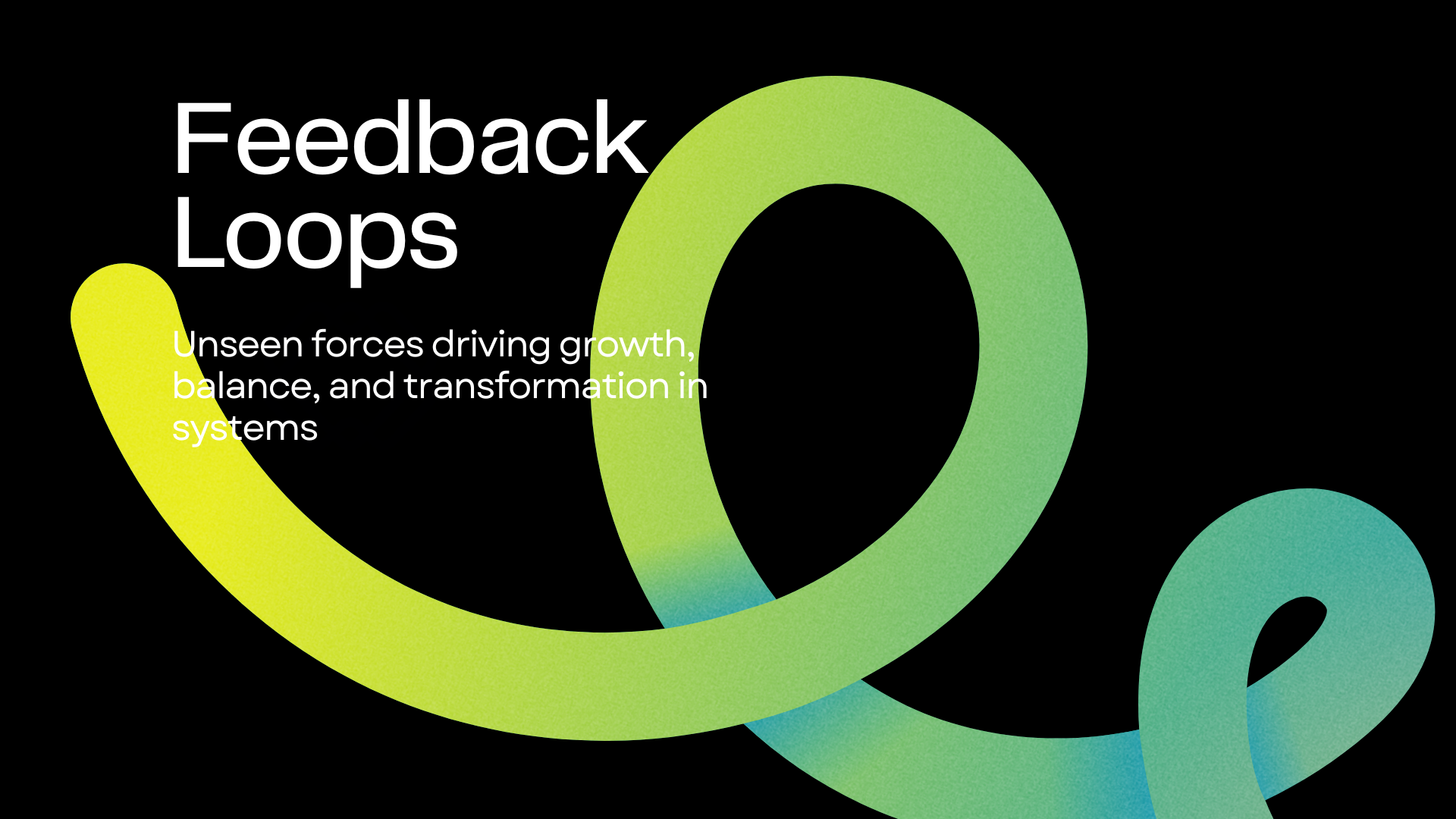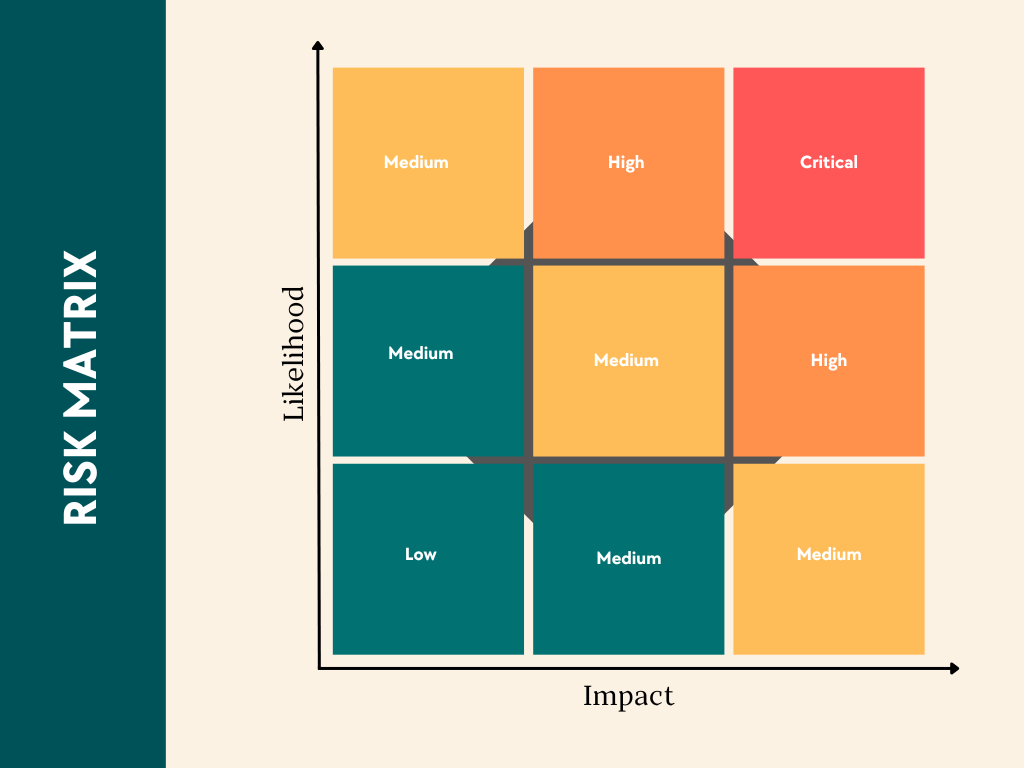In our data-driven world, statistical frameworks play a vital role in deciphering complex information and guiding decision-making processes. These frameworks, models, and methodologies enable us to make sense of vast amounts of data, extract meaningful insights, and solve problems across various domains. From predicting market trends to improving healthcare outcomes, statistical frameworks are deeply integrated into our society, impacting our daily lives in numerous ways.
Table of Contents
ToggleRegression Analysis
Regression analysis is a fundamental statistical framework used to explore relationships between variables. It helps us understand how one or more independent variables influence a dependent variable. This framework is widely employed in fields like economics, social sciences, and marketing to predict outcomes, assess impacts, and make data-informed decisions.
In society, regression analysis is applied to determine the effectiveness of policies, measure the impact of advertising campaigns, and even predict housing prices. It empowers organizations and policymakers to allocate resources efficiently and identify factors that contribute to social and economic disparities.
Experimental Design
Experimental design provides a structured approach to designing studies, experiments, and surveys. It involves carefully manipulating variables and controlling for confounding factors to draw valid conclusions. Statistical frameworks like randomized controlled trials (RCTs) are extensively used in healthcare, social sciences, and product development.
In everyday life, experimental design influences medical research, allowing us to evaluate the efficacy of new treatments or interventions. It helps optimize product development, test marketing strategies, and enhance user experience by systematically testing different variables and analyzing the outcomes.
Sampling Techniques
Sampling techniques are indispensable in statistical analysis, as they enable us to draw accurate inferences about populations based on a subset of data. Frameworks like simple random sampling, stratified sampling, and cluster sampling provide guidelines for selecting representative samples.
In society, sampling techniques are employed in public opinion polls, market research surveys, and census data collection. By ensuring the sample represents the broader population, these frameworks allow us to make reliable estimates and projections about social attitudes, consumer behavior, and demographic trends.
Bayesian Inference
Bayesian inference is a powerful statistical framework that incorporates prior knowledge and updates it with new data to make probabilistic inferences. It enables us to quantify uncertainty and update beliefs in light of new evidence.
In everyday life, Bayesian inference is used in medical diagnosis, risk assessment, and decision-making under uncertainty. It helps medical professionals diagnose diseases by combining prior knowledge with patient symptoms and test results. It also aids in risk management by incorporating historical data, expert opinions, and real-time information to make informed decisions.
Time Series Analysis
Time series analysis deals with data collected over time to uncover patterns, trends, and forecast future values. This framework allows us to model and analyze time-dependent data, enabling predictions and strategic planning.
In society, time series analysis is employed in various domains, including finance, climate science, and sales forecasting. It helps financial institutions predict market trends, assists meteorologists in weather forecasting, and supports businesses in inventory management and demand forecasting.
Conclusion
Statistical frameworks serve as valuable tools for reducing complexity, aiding decision-making, and solving problems in our society. From regression analysis to experimental design, sampling techniques to Bayesian inference, and time series analysis, these frameworks allow us to make sense of data, extract insights, and make informed choices. Embracing statistical frameworks in everyday life empowers us to navigate the complexities of our data-rich world and harness the power of statistics for better outcomes and informed decision-making.



